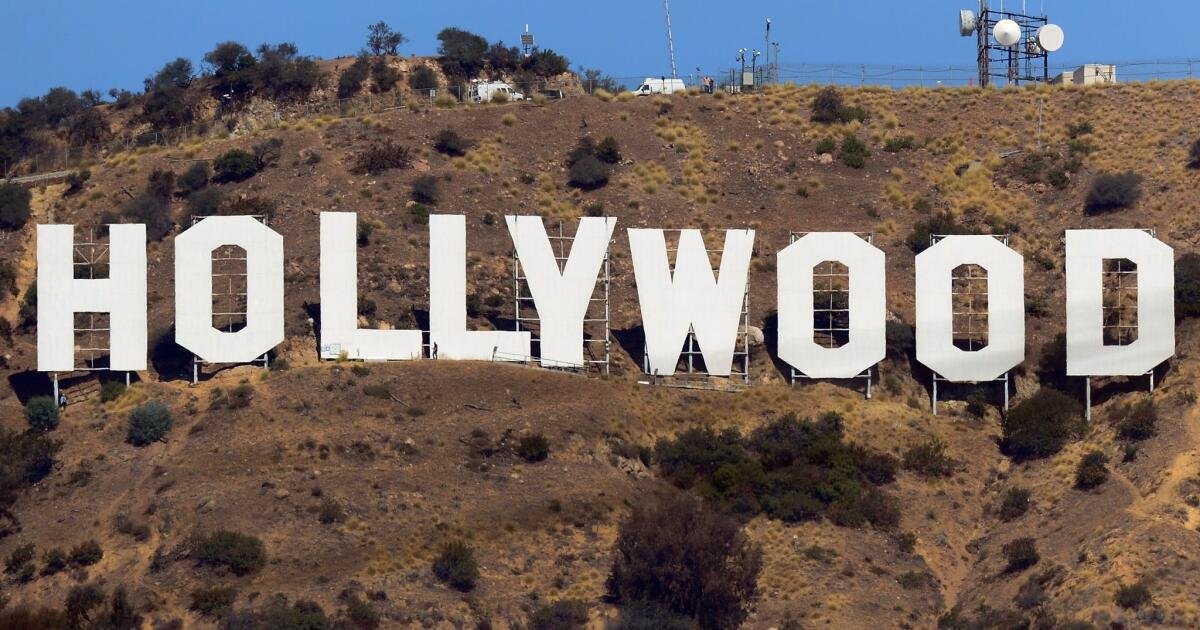Hollywood has long been the epicenter of the global entertainment industry, captivating audiences with its glitz, glamour, and groundbreaking productions. From the silent film era to the age of streaming, Hollywood has continually reinvented itself, staying at the forefront of cultural and technological trends. Today, Hollywood is more diverse and dynamic than ever, reflecting the changing tastes and expectations of a global audience.
The Rise of Streaming Platforms
One of the most significant shifts in Hollywood in recent years has been the rise of streaming platforms. Companies like Netflix, Amazon Prime, Disney+, and Hulu have revolutionized the way content is consumed. Gone are the days when audiences had to wait for a specific time slot to watch their favorite shows or movies. Now, with a subscription and an internet connection, viewers can binge-watch entire seasons at their convenience.
This shift has also changed the way content is produced. Streaming platforms, in their quest for fresh and original content, have provided opportunities for a more diverse range of voices and stories to be told. Independent filmmakers and creators from different backgrounds have found a new avenue to reach audiences without the traditional gatekeepers of the studio system.
Diversity and Representation in Hollywood
In recent years, there has been a growing demand for more diversity and representation in Hollywood. Audiences are no longer satisfied with seeing the same types of stories told by the same types of people. This has led to a conscious effort by studios and creators to include more diverse characters, stories, and perspectives in their productions.
Movies like Black Panther, Crazy Rich Asians, and Parasite have shown that diverse stories can not only be critically acclaimed but also commercially successful. These films have opened the door for more inclusive storytelling, challenging the traditional norms of Hollywood and setting new standards for the industry.
The Impact of Technology on Filmmaking
Technology has always played a crucial role in the evolution of Hollywood, and its impact is more profound than ever. The use of CGI (Computer-Generated Imagery) has transformed the way movies are made, allowing filmmakers to create worlds and characters that were once only imaginable. Movies like Avatar, The Lion King (2019), and Avengers: Endgame have pushed the boundaries of visual storytelling, delivering experiences that are both visually stunning and emotionally engaging.
Virtual reality (VR) and augmented reality (AR) are also making inroads into Hollywood, offering new ways for audiences to interact with and experience content. While still in its early stages, these technologies have the potential to create entirely new forms of entertainment that blur the lines between the virtual and the real.
The Power of Franchises and Blockbusters
Hollywood has long been known for its big-budget blockbusters and franchises that dominate the global box office. Franchises like the Marvel Cinematic Universe, Star Wars, and Fast & Furious continue to draw massive audiences, generating billions in revenue and creating a loyal fanbase that eagerly anticipates each new installment.
These franchises have become cultural phenomena, influencing not just the film industry but also other sectors like merchandising, theme parks, and video games. The success of these blockbusters has also led to the rise of the “cinematic universe” model, where interconnected stories and characters span multiple films, creating a rich and expansive narrative world.
The Future of Hollywood
As Hollywood continues to evolve, the future of the entertainment industry looks bright and full of possibilities. The ongoing push for diversity, the integration of cutting-edge technology, and the ever-changing consumption habits of audiences will shape the next era of Hollywood.
However, with these opportunities come challenges. The industry must navigate issues like the impact of AI on creativity, the sustainability of the traditional box office model, and the need for ethical considerations in storytelling. Despite these challenges, Hollywood’s ability to adapt and innovate ensures that it will remain a central force in global entertainment for years to come.
Conclusion
Hollywood’s journey from the silent film era to the digital age has been nothing short of extraordinary. As it continues to adapt to the changing landscape of entertainment, one thing remains certain: Hollywood will continue to capture the imagination of audiences worldwide, creating stories that resonate across cultures and generations. Whether through the magic of the big screen or the convenience of streaming, Hollywood’s influence on global entertainment is here to stay.
